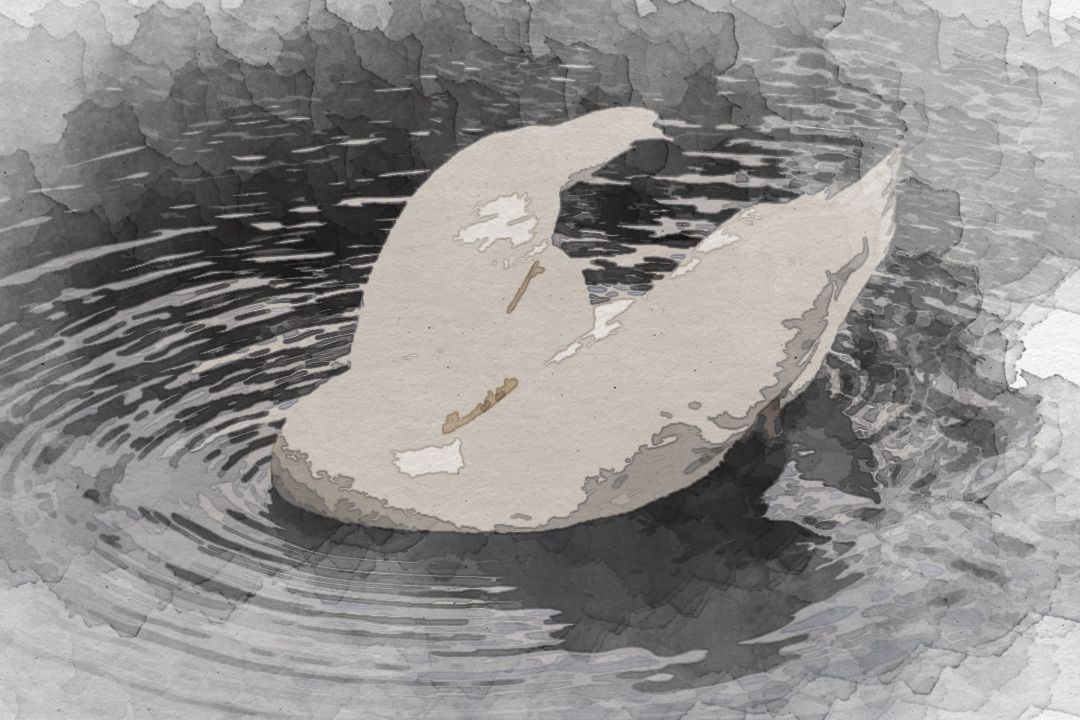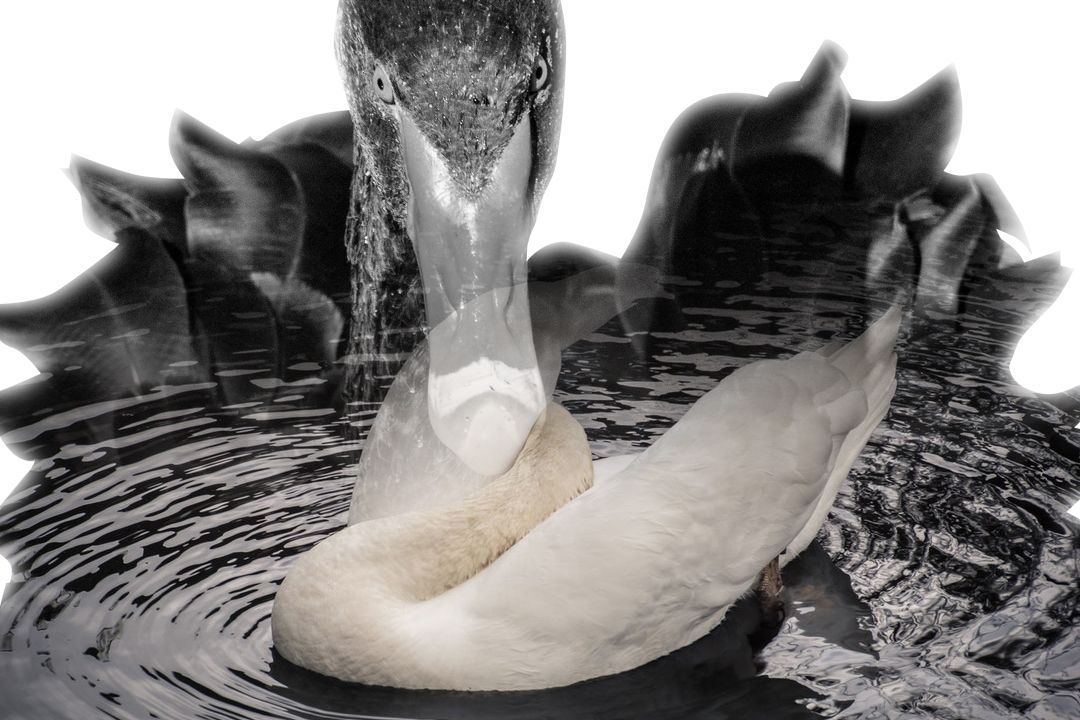The Land of Logos

Et voilà! Now I am a Black Swan
In the whimsical village of Langua, where gossips claimed that even the wind whispered sweet nothings, Sophia was regarded as something of an odd duck. As the self-appointed interpreter for the village's swans, she spent her days along the water's edge, scribbling furiously into her notebook as the birds honked and flapped about. She insisted that each flutter and squawk was a sonnet, each ripple a soliloquy on the water's surface.
One does not inhabit a country; one inhabits a language. That is our country, our fatherland - and no other.
— Emil Cioran (1911-1995)
Her fellow villagers, understanding neither the swans’ “language” nor Sophia’s fascination with it, watched her with a blend of amusement and bewilderment. Sophia didn’t mind. She had found her calling in those feathery linguists, and if the village thought her mad, well, that just meant more swan sonnets for her.
One sunny afternoon, the air was pierced by an especially pompous honk. It was Alexander, the lake's most flamboyant swan, who fancied himself the Shakespeare of the swan world. With a flourish of his wings, he dove, resurfacing with a slick of algae atop his head—his attempt at a toupee, perhaps?
“Et voilà! Now I am a Black Swan,” he seemed to quack, striking a pose that Sophia could only interpret as his cheeky nod to the unexpected twists of life.
The other villagers peered over their laundry and lowered their fishing poles, drawn by the commotion. They stifled chuckles as Alexander pranced about, his grace marred only by the odd bit of lake weed dangling from his snowy plumage.
Sophia, always the professional, recorded the event with the seriousness of a historian documenting a turning point in an epic saga. “Black Swan Event,” she titled the entry, underlining it twice for emphasis.
Evenings in Langua were filled with Sophia's animated retellings of the day’s events. She regaled the local children with stories of Alexander’s escapades—how he’d chased a frog for a rousing debate on the nature of greenness, or the time he’d attempted to choreograph a water ballet, only to end up belly up, legs paddling the air in defeat.
The children would roll on the grass in laughter as Sophia imitated the swans, her arms wide and her voice a honking melody. “And then he said, 'But why must we swim when we can fly?'” she’d cackle, and the swans, oblivious to their starring roles, would continue their paddling and preening, dignified as any actor on the stage.
As for the swans’ actual language? Well, if Sophia’s notes were anything to go by, it was a vibrant mixture of burbles, snorts, and the occasional dignified harrumph. It was less a language of love and more a chorus of the confidently confused, each bird trying to outdo the other in sheer vocal volume.
But in Langua, amidst the laughter and the feathered frenzy, Sophia had found a truth: home was not a place, but the words with which one painted their world, be they quacks, honks, or peals of laughter. And in this symphony of silliness, Sophia and her swans were the composers, writing a narrative that was uniquely, unapologetically theirs.

The planksip Writers' Cooperative is proud to sponsor an exciting article rewriting competition where you can win part of over $750,000 in available prize money.
Figures of Speech Collection Personified
Our editorial instructions for your contest submission are simple: incorporate the quotes and imagery from the above article into your submission.
What emerges is entirely up to you!
Winners receive $500 per winning entry multiplied by the article's featured quotes. Our largest prize is $8,000 for rewriting the following article;

At planksip, we believe in changing the way people engage—at least, that's the Idea (ἰδέα). By becoming a member of our thought-provoking community, you'll have the chance to win incredible prizes and access our extensive network of media outlets, which will amplify your voice as a thought leader. Your membership truly matters!


